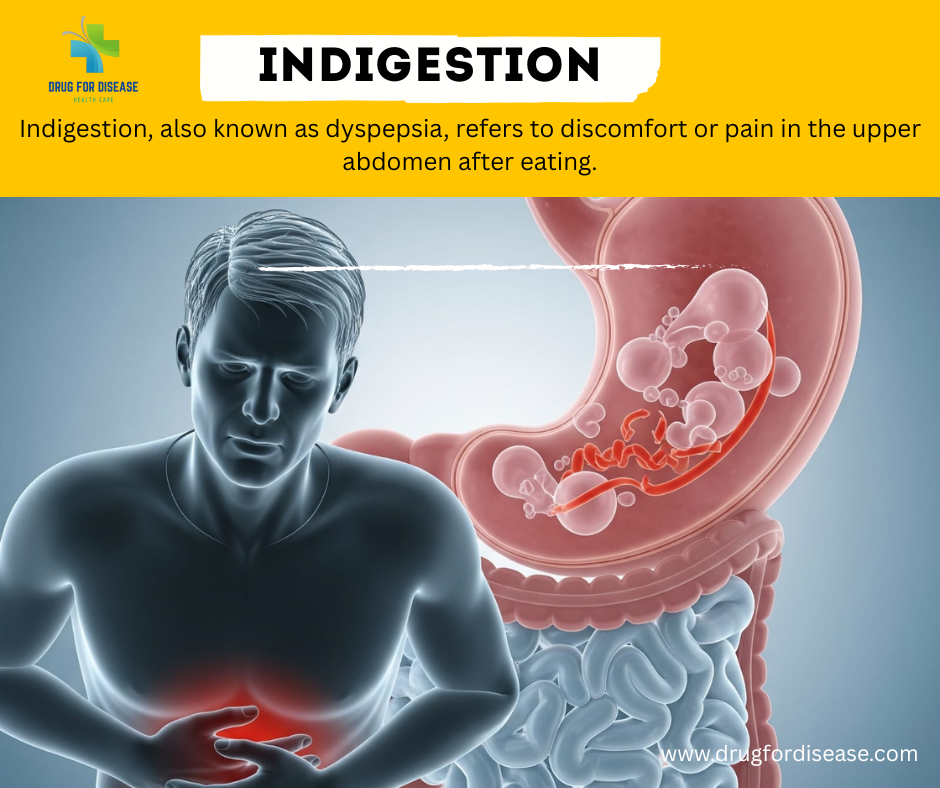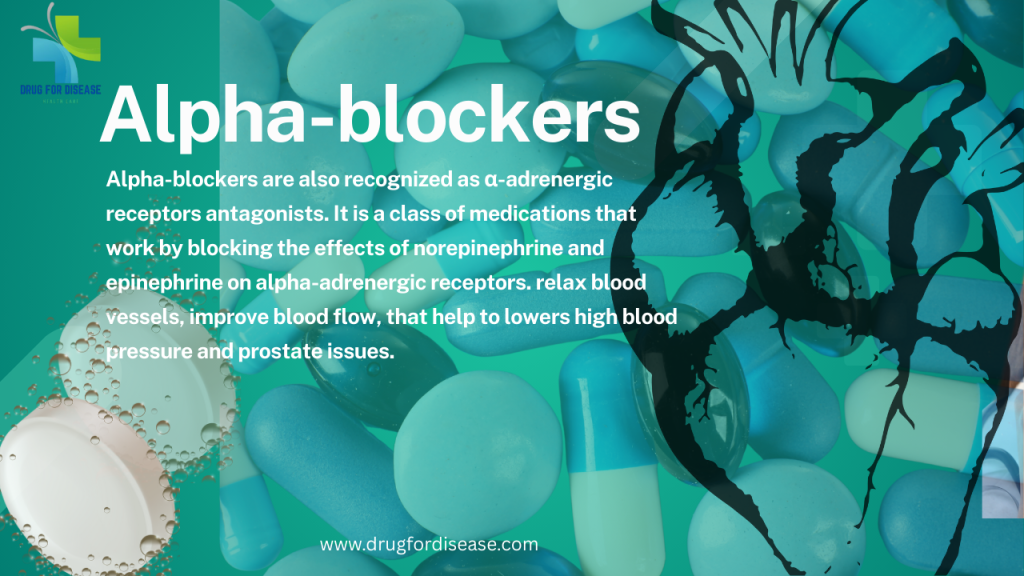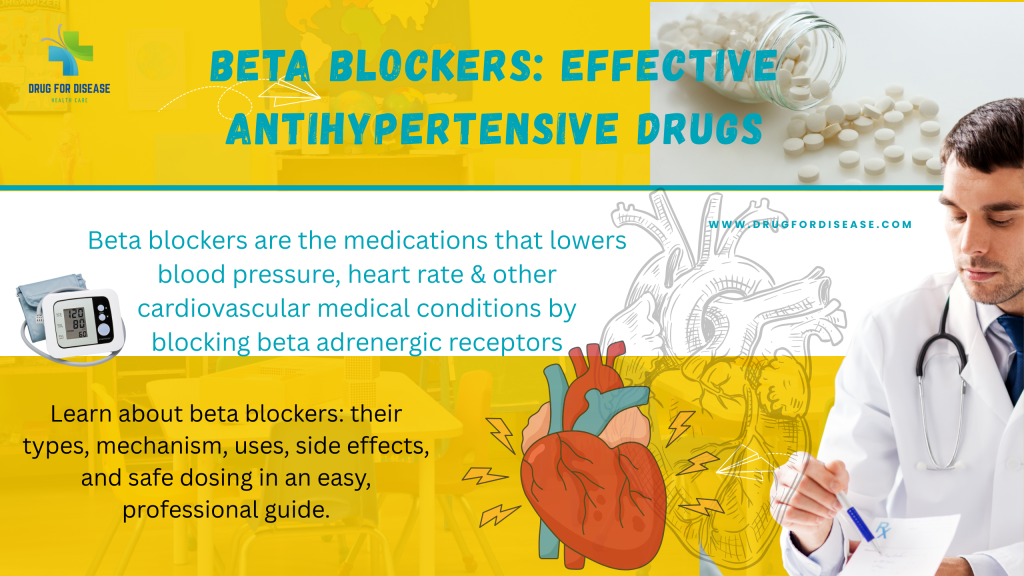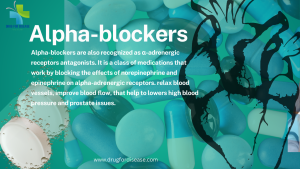Indigestion, or dyspepsia, is a common gastrointestinal illness that causes pain or discomfort in the upper abdomen that comes back often, usually after eating. It affects 20–40% of the population every year, and the symptoms might be modest and happen only sometimes, or they can be long-lasting and influence quality of life. It is normally not dangerous, but it can be a sign of a medical problem.
Indigestion can be classified as organic indigestion & functional indigestion. Organic indigestion is due to some underlying disease like gastritis, ulcer, etc., while functional is without evidence of underlying disease.

What are the causes of indigestion
Occasional indigestion is simple, and many people suffer after having a meal. However, the one that lasts longer is often less simple. There are many different reasons for indigestion, which can be grouped into the following:
Behavioural and Dietary Trigger
Foods that are fatty, spicy, or acidic; excessive coffee; high alcohol consumption; carbonated drinks; chocolate; etc.
Medicines: NSAIDs (such as ibuprofen and aspirin). Antibiotics (macrolides & metronidazole), bronchodilators, anti-diabetic drugs (metformin), cardiovascular drugs (ACE inhibitors), cholesterol-reducing agents, neuropsychiatric medications, corticosteroids, iron, etc.
Lifestyle: Overeating, eating too quickly, eating late at night, smoking, and being stressed or anxious
Causes of Organic dyspepsia
Acid reflux, or GERD (when stomach acid flows back into the oesophagus)
Peptic ulcers are lesions in the stomach or duodenum that are typically caused by H. pylori infection.
Gastritis (inflammation of the stomach lining) or gastroparesis (delayed emptying of the stomach)
Pancreatitis or pancreatic cancer, Gallbladder inflammation
Functional Dyspepsia No underlying cause (60% of cases). Related to visceral hypersensitivity, problems with the gut-brain axis can cause changes in gut motility
Being pregnant, hormonal changes and pressure from the uterus on the stomach can produce temporary indigestion, especially after 27 weeks
Demographics: Women are more affected, as are people of ages above 55-60 years.
Symptoms
Symptoms usually start after eating and can last from a few minutes to a few hours
Pain or discomfort in the upper abdomen, like burning.
Early satiety is not being able to finish a meal.
Postprandial fullness: feeling full for a long time after eating
Feeling bloated, burping, sick to your stomach, and throwing up; heartburn (a burning feeling in the chest) or acid reflux; loud gurgling in the stomach;
Symptoms that are red flags and need immediate care
Difficulty in swallowing (trouble eating), losing weight for no reason, or having anaemia.
Haematemesis is when you vomit blood, and melena is when your faeces are black.
Severe discomfort or pain in the chest, like a heart attack.
Plan for Treatment;
Over-the-Counter (OTC) Medications: Antacids for quick relief remain effective for a short duration.
H2 blockers, like famotidine, lower the amount of acid that the stomach makes. The effects continue for hours.
Proton Pump Inhibitors (PPIs), such as omeprazole: Strong acid suppression; used for 2 to 4 weeks.
Treatments that are prescribed
The “test and treat” approach (using a urea breath test or faecal antigen test) is considered the most effective and widely recommended protocol.
Antibiotics: For sure H. pylori (such amoxicillin and clarithromycin) along with PPI
Prokinetics, like metoclopramide, speed up the emptying of the stomach by improving the motility of the GIT system.
Other treatments
Cognitive-behavioural therapy (CBT) or stress management for functional dyspepsia can help with mental health.
Herbal teas like peppermint and ginger can help with digestion.
Drinking water in little quantity or with sips will help a little
How to prevent
Improve eating habits by taking five to six little meals a day & chewing well.
Don’t eat 3–4 hours before bed.
Modify lifestyle by weight management, regular exercise, and use of healthy diets.
When to Get Medical Help
If you have any of the following, see a doctor for medical advice
Symptoms last more than two weeks even with over-the-counter medication.
Symptoms that are red flags start to show up (such as weight loss and dysphagia, i.e., difficulty swallowing).
Shortness of breathe or tightness of chest
Persistent vomiting, vomiting with blood or black stools, and unintentional weight loss.
Patients with a known history of peptic ulcers or gastrointestinal bleeding may need testing to check for recurrence or complications. Diagnosis requires tests like H. pylori breath/stool tests, endoscopy, or blood tests.
Conclusion
Indigestion can be managed with adjustments to your food and lifestyle and over-the-counter medicines. But if the disease is chronic or severe, you must consult a doctor. Long-term control depends on preventive measures that focus on avoiding triggers, eating mindfully, and lowering stress.
FAQ
What is indigestion & its causes?
indigestion is the discomfort of upper abdomen and is mostly due to spicy food, stress, or some underlying diseases like H. pylori infection, gastritis, or GERD, etc.
What are the common symptoms of indigestion?
Common symptoms include bloating, heartburn, satiety (feeling of fullness), nausea, vomiting, and burping.
How can indigestion be diagnosed?
Diagnosis is usually based on symptoms. Tests like the H. pylori breath test, stool tests, or endoscopy may be performed according to patient conditions and ACG/CAG dyspepsia guidelines. If patient age is ≥60 years, an upper GI endoscopy needs to be prescribed.
What will be treatment options for indigestion?
Treatment may include lifestyle and dietary modifications and stress reduction. immediate and quick relief by over-the-counter drugs, like antacids & proton pump inhibitors (PPIs); however, if symptoms persist or worsen, you need to consult a doctor immediately.
How to prevent indigestion?
Lifestyle and dietary modifications, eating small and chewing well, managing stress, weight reduction, and improving physical activity will help to prevent it.






